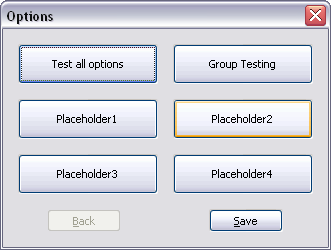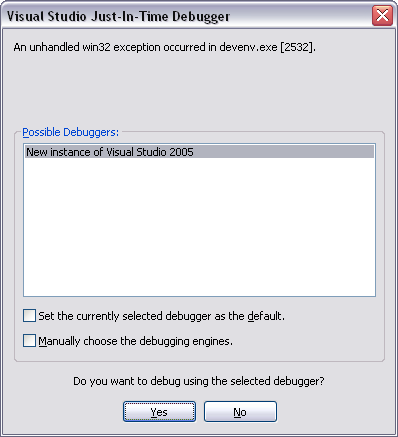So as you probably know, I am a fan of the webcomic XKCD. Back in May, Randall posted a comic and a blag article about his idea of a dead reckoning type navigation system, which every couple of seconds it speaks the distance and the direction to your destination. I’ve been hanging out with the excellent people at #geohashing, and one of them suggested that I look at the “cyborg script” for use on my carputer. Well I thought, why not port it to C++ and stick it in Roadnav?
So I went ahead and did the implementation in my semi-experimental wx3 branch of Roadnav, and it worked out pretty well! Its not present in any downloads on the Roadnav site yet . You can find it labeled as the “wxWidgets 3 Development Line (alpha)” at the Roadnav download page. Some nice things about using it inside roadnav:
- You can enter the destination in a street address or raw coordinates
- It marks the destination on the map that it shows
- Cross platform support (Windows, Linux, OSX)
Now, there are a number of usability issues present with this implementation of the Cyborg navigation. For one, you can’t mute it (inside the program at least). For two, you can’t actually turn it off yet.
If you want to play with it, you can download the source code via SVN for Roadnav and libroadnav in the wx3 branch. Alternatively, you can download a snapshot from the Roadnav downloads page. If you’re just looking for a C++ version of the cyborg script, you can see it at this link.
Mind you, that whole branch is mostly alpha at the moment, but revision 1715 should work without any significant problems. Hopefully a stable release will be out by the end of summer (no guarantees here though). If you find bugs or have issues with that particular branch, drop me a line!
Despite being (in my opinion) the best open source GPS navigation app out there, I will admit that there are a number of large performance and usability issues with Roadnav. However, I’m hoping that we (though, at the moment its only me doing active development) can optimize it and rework its code base to perform just as well as any commercial GPS apps out there (if you’re wanting to do some development, join the roadnav-devel mailing list or contact me, I have a number of ideas that aren’t in the TODO list yet).
Original XKCD blag post: http://blag.xkcd.com/2008/05/20/gps-cyborg-implant/





